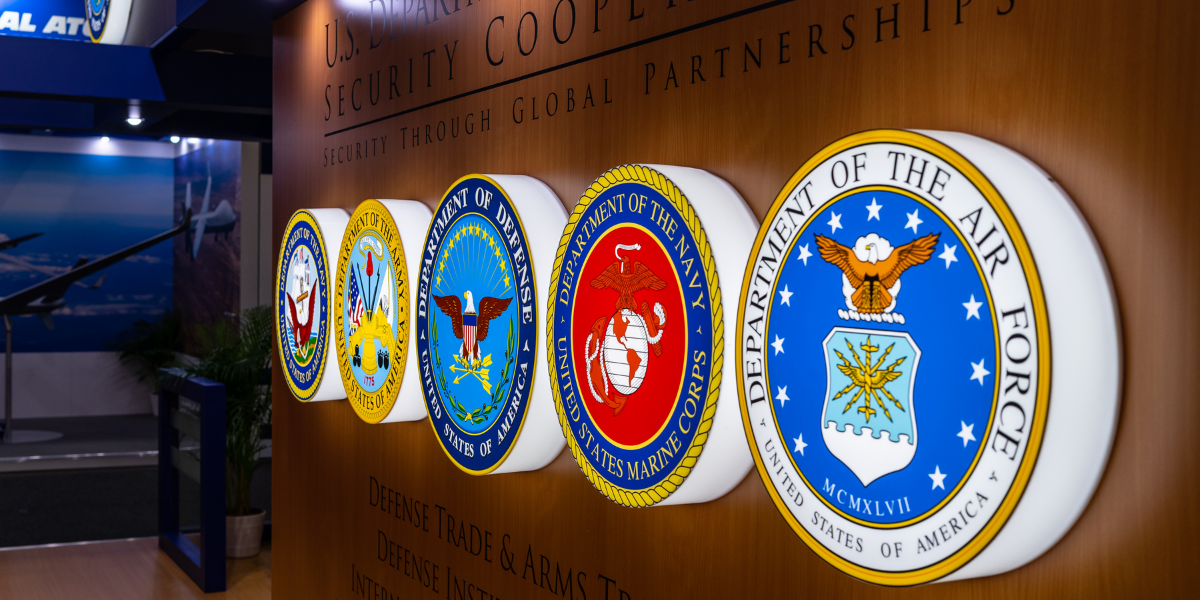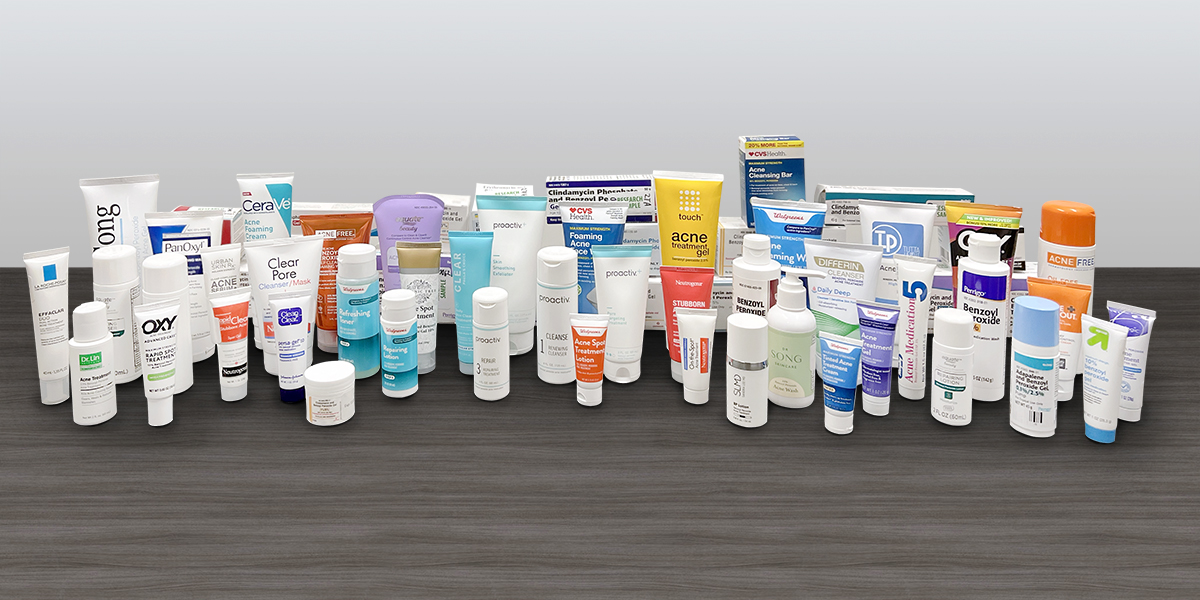Vote & Participate in Nationwide Independent Pharmaceutical Quality Study

Every day, millions of Americans rely on medications to manage their health conditions and improve their quality of life. However, there are rising concerns about drug quality and safety.
Over the past few decades, production of most of America's generic drugs and particularly, the ingredients needed to make them, has moved to India and China where regulation is increasingly difficult. Evidenced by rampant drug shortages, approximately 76% of which are due to manufacturer quality problems, roughly 3 drug recalls per day in the United States, often related to dangerous impurities, and a growing number of studies and physician reports of patient harm.
That’s why Valisure and multiple study partners, including the Department of Defense (DoD), have launched a Pharmaceutical Quality Risk Assessment Study to independently study the quality of generic drugs in the United States and create a “Red/Yellow/Green” rating system to help industry purchasers and patients avoid products with concerning results and incentivize the highest quality drug products to be manufactured and used by all. Join us in this mission and help shape the study by participating in the process to select drug products for analysis.
Your vote and participation help shape the study's direction.

Actionable Transparency to Quality
By creating much-needed transparency in drug quality, the Pharmaceutical Quality Risk Assessment Study will enable conscientious manufacturers to be able to better compete and allow major purchasers of drugs to reward good manufacturers and exclude substandard medicines from being consumed by American patients. This will serve as a model for adoption throughout the United States and aims to correct the primary dysfunction of the generic drug industry which is the current focus on price-only, with no visibility or reward for quality.
By participating in the voting process, you can help expand the focus of the current study to everyday medications that you or your loved ones might be currently taking, and any details you’re willing to share about why you’re concerned about certain drugs, can help direct the analytical tests that will be run. Vote and fill out our brief survey, and you'll have the opportunity to help select drugs for analysis and, once we’re able to send to you, receive actionable data that could influence the quality of medications available at your local pharmacy.
Broad Stakeholder Involvement
There has been a growing call from healthcare leaders and government agencies to help fix the broken drug supply chain and address a key weakness: industry-wide blindness to drug quality.

The Administration for Strategic Preparedness & Response (ASPR) published the report "Essential Medicines and Manufacturing Resilience Assessment" in May 2022 which recommended to "leverage the federal government's collective buying power to reform procurement protocols" and "revise purchasing models to increase emphasis on product quality and supply chain resilience, not simply lowest cost."
FDA Commissioner Dr. Robert Califf stated in an October 2023 letter that, “A significant part of the solution to our drug shortages in the U.S. is to create transparent quality systems that enable investment in firms that are reliable and quality producers.”

The Brookings Institute published a research article titled “Federal policies to address persistent generic drug shortages” in June of 2023 that outlined a plan for providing incentives to realign hospital purchasing that included “selecting vendors that are less likely to experience production disruptions” by having “FDA and other parties to provide information about manufacturer quality and reliability.”

Bloomberg News published an editorial on July 30th titled “How to Keep Americans Safe From Tainted Drugs” that stated, “Published quality metrics would help the market to discriminate. Better producers would be rewarded and standards would rise. There’d be fewer lapses to discover, hence fewer interruptions to supply.”

Quality Assessment Process
In this Pharmaceutical Quality Risk Assessment Study, quality will be assessed through a robust, multi-step process of independently testing the chemical properties of samples of drug products from suppliers. Scoring will be conducted according to a recently published paper titled, "A data-driven quality-score system for rating drug products and its implications for the health care industry," and authored by a consortium of healthcare key opinion leaders. Scoring NDCs will not only provide a quality risk assessment but do so in a manner that is actionable for both pharmaceutical distribution and contracting.

Valisure’s track record has already proven that independent quality assurance is vital for the safety of drug and consumer products. According to Consumer Reports and Bloomberg News, Valisure’s seven FDA Citizen Petitions in the past few years outlining Valisure’s studies on various drug and consumer drug product quality issues with Zantac/ranitidine, metformin, sunscreens, hand sanitizers, body sprays and others, have led to over 25 million products to be recalled worth over $9 billion dollars. Valisure President David Light’s 2023 presentation at Stanford University Medicine Grand Rounds summarized these key findings and the subsequent actions taken, graphic available here and video linked here.
Valisure’s test methods largely mirror those utilized by FDA’s own “Drug Quality Sampling and Testing” (“DQST”) Program. As stated during FDA’s November 1, 2023 Pharmaceutical Quality Symposium, FDA’s DQST test methods selection are first selected “from USP-NF monographs and/or USP general chapters” and not based on Current Good Manufacturing Practice (“CGMP”) methodologies. Only “In the absence of the USP monographs the firm’s test methods [CGMP methods] are selected or a validated test method is used. FDA also can conduct more specialized testing if needed.” Valisure likewise prioritizes the selection of a USP monograph or general chapter when it is available, and multiple USP methods are specifically cited in Valisure’s ISO/IEC 17025:2017 accreditation. When applicable USP methods are not available, Valisure rarely has access to a firm’s methods as they are typically proprietary, and so will validate separate tests or conduct more specialized testing, which Valisure also validates.

Philanthropic & Advocacy Group Involvement
A growing number of philanthropic and government organizations are supporting this study. Individual philanthropists and non-profit foundations like The Thakur Family Foundation have provided support, in addition to Valisure being a subawardee of a 6-part study with the Uniformed Services University, a division of the US Department of Defense, that was announced in December of 2023 to evaluate a list of drugs of high importance to the Military Health System.
We invite like-minded organizations to contribute to this crucial initiative through philanthropic support. Your donation can be pivotal in advancing the Pharmaceutical Quality Risk Assessment Study and addressing the pressing issues in drug quality. By partnering with us, your organization aligns with the values of promoting health and safety for all Americans and can help ensure specific diseases and their unique medications are most effectively addressed. For more information, contact us at qualitystudy@valisure.com.
All donated proceeds go to the Quality Medicines Initiative (QMI), a Fund within Charitable Gift America, a 501(c)3 charitable organization. Distributions from the Fund are administered by the Fund Advisors who also advise directly for this study. These Advisors have a powerful mix of deep medical supply chain and healthcare industry expertise that helps maximize the impact for this study.





